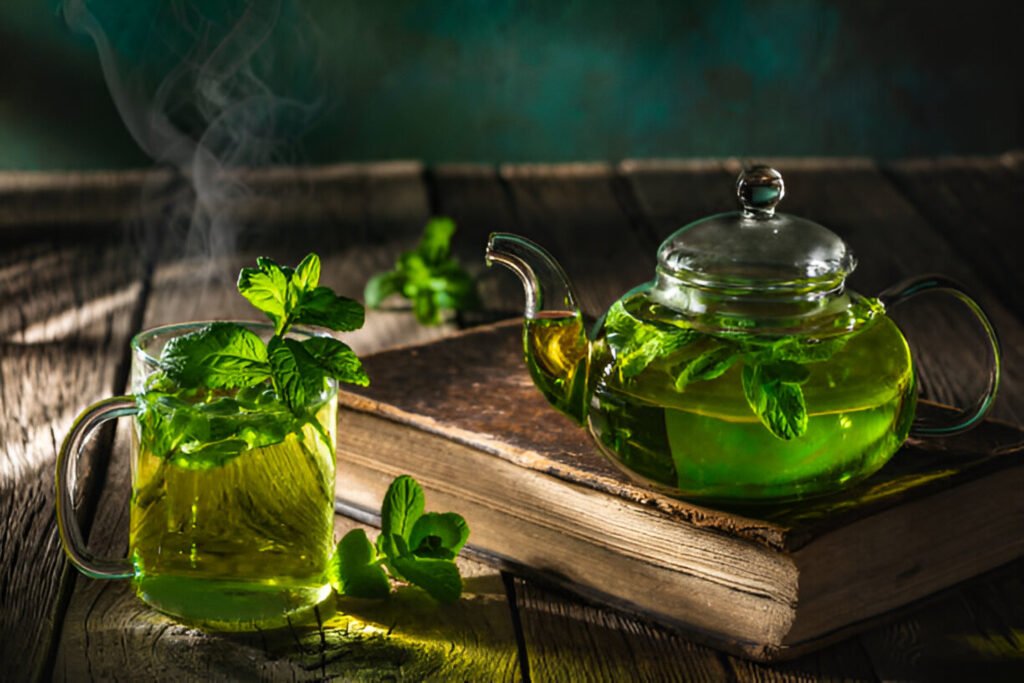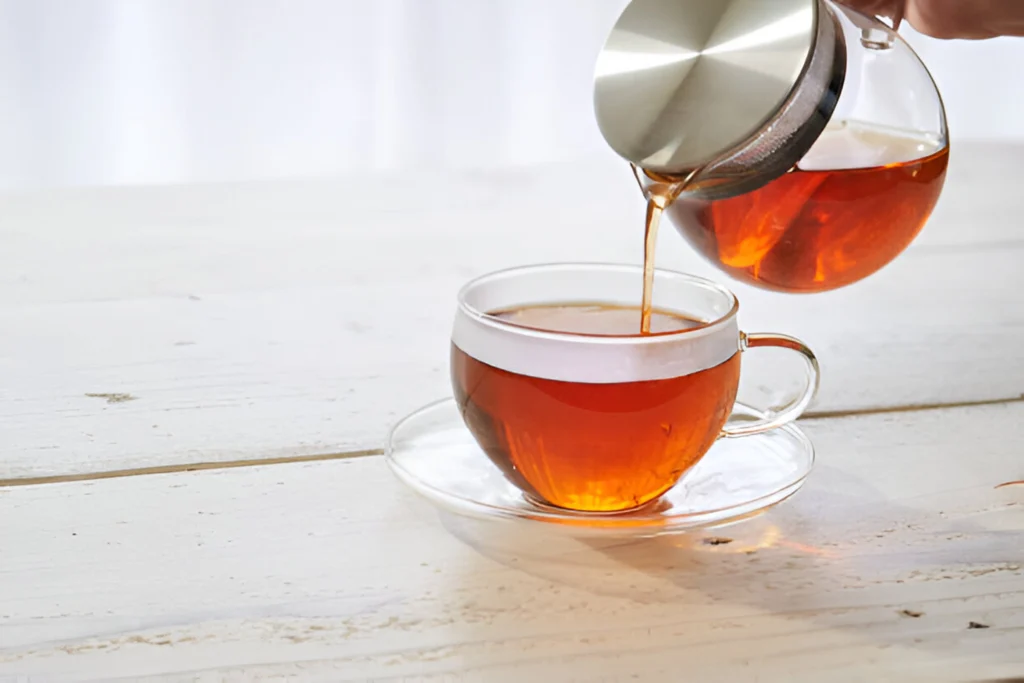Green Tea vs. Black Tea: Which One Is the Ultimate Health Elixir?
Green tea is frequently marketed as the “healthier” of the two, while black tea is not. But is this press justified? Let’s review the information.
It may surprise you to hear that the Camellia sinensis, the plant from which both black and green tea are derived, is very bitter. Where does the difference begin, then? In other words, black tea is oxidised when wrapped up and left out in the open. The leaves get dark brown, and the flavours deepen due to this procedure, which is how black tea acquires its colours. Green tea has a lighter colour and a less pronounced flavour since it is treated to prevent oxidising.
We already know that the colour and flavour of black and green teas are different. But what about their health advantages? In summary, the health benefits of black and green tea are remarkably similar. Both are abundant in polyphenols, an antioxidant class that supports heart health. According to some research, drinking one to three cups of green tea can lower your risk of having a heart attack by up to 19%, while drinking three cups of black tea can reduce your risk of developing heart disease by 11%. Very encouraging.

However, the health advantages don’t stop there. Because of their caffeine level, both black and green tea can improve brain function. Caffeine is an essential neurotransmitter that improves mood. It is a natural stimulant that helps your brain release dopamine and serotonin. In English, what does it mean? It implies that caffeine can improve your mood and alertness, which will keep you happier and enable you to operate more efficiently. Furthermore, L-theanine, an amino acid found in both black and green tea, is thought to counteract the effects of caffeine. According to a study, people who took L-theanine and caffeine together were more attentive than those who took caffeine alone.

Do you recall the antioxidant polyphenols we discussed earlier? A subset of polyphenols known as flavonoids is present in black and green tea, and the amounts of these flavonoids vary between the two varieties. Epigallocatechin-3-gallate (EGCG), abundant in green tea, is thought to protect against cancer and liver disease and has relaxing and fatigue-fighting qualities. However, theaflavins, which are produced during the oxidation step, are abundant in black tea. Theaflavins have been linked to improved heart health and the synthesis of natural antioxidants.
Which tea—black or green—should you choose now? Both are excellent, but black tea is the best option for a caffeine boost to get through a long workweek. Green tea is the best option if you want to benefit fully from the numerous health advantages of ECGCs.



